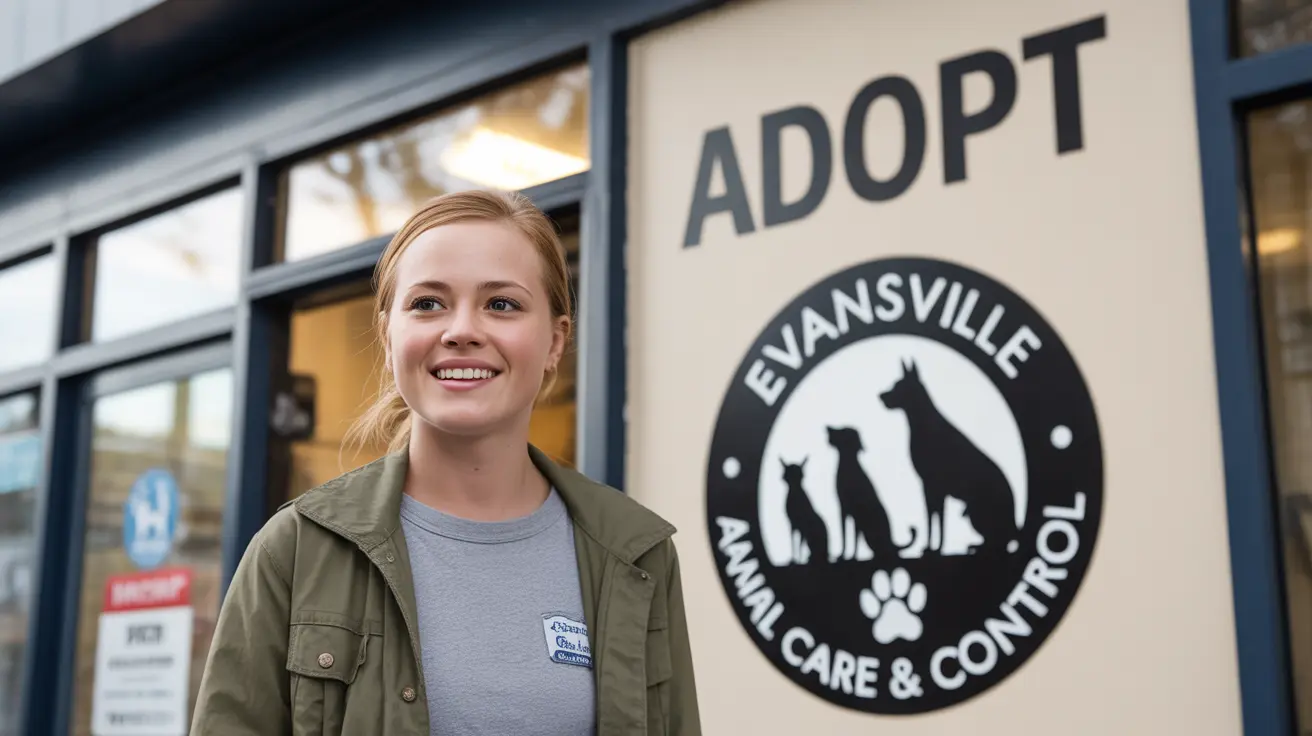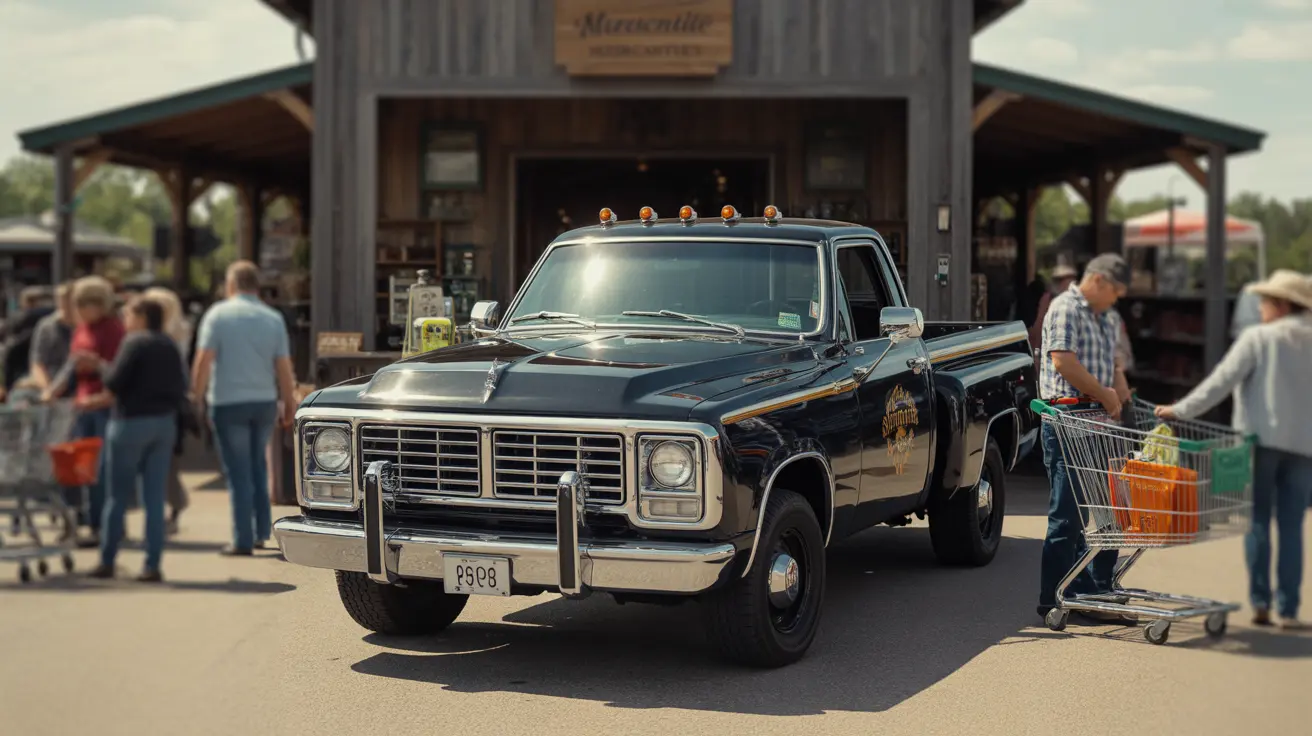The Ultimate Dog Sports Guide: 13 Exciting Activities to Bond with Your Canine Companion
Dog sports have revolutionized the way we engage with our four-legged family members, offering structured activities that provide physical exercise, mental stimulation, and unparalleled bonding opportunities. These competitive activities are designed for dogs with their owners serving as handlers, creating a dynamic partnership that strengthens the human-canine relationship while keeping both participants active and engaged.
Whether you're looking to channel your dog's natural instincts, provide an outlet for excess energy, or simply explore new ways to spend quality time together, this comprehensive dog sports guide will introduce you to 13 popular activities that cater to various breeds, fitness levels, and interests. From high-energy obstacle courses to creative dance routines, there's a perfect sport waiting for every dog-owner duo.
The beauty of dog sports lies in their accessibility—mixed breed dogs are increasingly welcome in many sporting events, and activities can be adapted for older or special-needs dogs. Beyond the physical benefits, participation in these structured activities helps reduce destructive habits, improves discipline, and offers valuable social interactions with other dog enthusiasts in your community.
High-Energy Competitive Dog Sports
Agility: The Ultimate Teamwork Challenge
Agility stands as one of the most popular dog sports worldwide, involving dogs navigating obstacle courses with jumps, tunnels, weave poles, and seesaws under handler direction. This sport emphasizes speed, accuracy, and seamless communication between dog and handler, requiring no physical contact—only voice commands and body language guide the dog through the course.
The mental and physical stimulation provided by agility training makes it an excellent choice for high-energy breeds and dogs that thrive on learning new skills. The sport promotes discipline, confidence, and problem-solving abilities while providing intense cardiovascular exercise for both participants.
Flyball: Fast-Paced Relay Racing
Flyball combines speed, teamwork, and precision in an exciting relay race format where teams of dogs race over hurdles, trigger a box that releases a ball, retrieve it, and return as quickly as possible. This sport requires skillful coordination between multiple dog-handler pairs and creates an electrifying competitive atmosphere.
The relay nature of flyball makes it particularly social, encouraging team building among participants while providing dogs with an outlet for their natural retrieving instincts and competitive drive.
Dock Diving: Making a Splash
Dock diving, also known as dock jumping, features dogs leaping off a dock into water to achieve maximum distance or height. This sport offers significant benefits for water-loving dogs while providing low joint impact exercise, making it suitable for dogs of various ages and physical conditions.
Events focus on different skills including distance jumping, vertical height achievement, and speed retrieval, allowing dogs with different strengths to excel in their preferred categories.
Traditional Working Dog Sports
Herding Trials: Channeling Natural Instincts
Herding trials test a dog's ability to manage livestock under handler control, making them particularly suitable for breeds with strong herding instincts. These competitions reflect the traditional working roles that many breeds were originally developed to perform, providing mental stimulation through problem-solving and livestock management challenges.
Handlers guide their dogs through various herding scenarios, testing the animal's ability to gather, drive, and pen livestock while maintaining control and responding to directional commands.
Lure Coursing: The Thrill of the Chase
Lure coursing allows sighthounds and other dogs to chase an artificial lure across a field, simulating the hunting experience their ancestors were bred for. This sport provides an excellent outlet for dogs with strong prey drive while ensuring the safety of both the dog and any potential quarry.
The high-speed nature of lure coursing delivers intense cardiovascular exercise and allows dogs to express their natural hunting behaviors in a controlled, competitive environment.
Obedience and Mental Stimulation Sports
Obedience Trials: Precision and Discipline
Obedience trials test dogs' abilities to follow specific commands with accuracy and enthusiasm, promoting discipline, confidence, and clear communication between dog and handler. These competitions feature various levels of difficulty, from basic commands to complex sequences requiring sustained attention and precise execution.
The structured nature of obedience work provides mental stimulation while building a foundation of good behavior that benefits dogs in all aspects of their daily lives.
Rally Obedience: A Fun Twist on Traditional Obedience
Rally obedience blends elements of agility with traditional obedience work, featuring courses with signs that prompt specific tasks. This sport offers a less strict, more fun experience compared to formal obedience trials while still developing important training skills and handler-dog communication.
The varied course layouts and creative exercises keep both dogs and handlers engaged while building confidence and problem-solving abilities.
Scent Work: Leveraging Natural Abilities
Scent work leverages a dog's extraordinary olfactory skills to locate specific target odors amid distractions, providing intense mental stimulation that can be especially beneficial for shy or reactive dogs. This sport builds on dogs' natural abilities, making it accessible to a wide range of breeds and temperaments.
The mental focus required in scent work often proves more tiring than physical exercise, making it an excellent option for providing enrichment in smaller spaces or for dogs with physical limitations.
Specialized and Creative Dog Sports
Earth Dog Competitions: Underground Adventures
Earth dog competitions have terriers navigate underground tunnels to find quarry, reflecting their original hunting and vermin-control roles. These events test courage, determination, and problem-solving skills while allowing terrier breeds to engage in activities they were specifically bred to perform.
The underground nature of these competitions provides unique mental challenges and allows dogs to work independently while following scent trails and navigating confined spaces.
Canine Freestyle: Dancing with Dogs
Canine freestyle involves choreographed dancing with a dog to music, requiring creativity, mastery of basic cues, and strong dog-handler bonding. This artistic sport allows handlers to showcase their dog's unique personality and natural abilities through customized routines that highlight individual strengths.
The creative aspect of canine freestyle makes it particularly rewarding for handlers who enjoy developing original choreography while building an exceptionally close working relationship with their dogs.
Disc Dog: Airborne Athletics
Disc dog involves dogs catching flying discs, with events focusing on distance, accuracy, or freestyle routines. This sport is well-suited for active dogs with good jumping ability and strong retrieving instincts, providing excellent exercise while developing coordination and timing skills.
Competition categories range from simple distance catches to complex freestyle routines that combine multiple disc catches with acrobatic movements and choreographed sequences.
Endurance and Running Sports
Canicross: Running as a Team
Canicross is cross-country running with a dog attached by a harness and bungee line, allowing the dog to pull the runner. This sport provides intense cardiovascular exercise for both participants while fulfilling dogs' natural tugging instincts and desire to work as part of a team.
The pulling aspect of canicross can help runners achieve faster times while providing dogs with a job that utilizes their natural strength and endurance capabilities.
Treibball: Soccer for Dogs
Treibball features dogs herding large exercise balls into a goal under handler direction, stimulating problem-solving abilities and obedience skills. Often called "soccer for dogs," this sport provides mental stimulation through strategic thinking while incorporating physical activity through ball manipulation.
The sport's emphasis on control and precision makes it excellent for developing patience and sustained attention while providing an outlet for herding instincts in urban environments.
Choosing the Right Dog Sport for Your Team
Selecting the appropriate dog sport requires careful consideration of breed traits, age, health status, temperament, lifestyle, and available resources. Different breeds excel in different activities—sighthounds naturally gravitate toward lure coursing, while herding breeds often thrive in agility or treibball. Age and health considerations are crucial, as some sports require more physical intensity than others.
Trial and error, observation of your dog's preferences, and engagement with local clubs help identify the most suitable activities. Many sports can be modified to accommodate different ability levels, ensuring that every dog can participate in some capacity.
Health and Safety Considerations
Before participating in any dog sport, dogs should undergo a thorough veterinary examination to ensure fitness and overall health. Training should emphasize positive reinforcement with gradual skill development, allowing dogs to build strength and confidence progressively.
Proper warm-up and cool-down routines are essential for injury prevention, along with attention to environmental conditions and appropriate rest periods. Nutrition supporting active dogs should include adequate protein and fat, along with joint health supplements like undenatured type II collagen (UC-II®) and omega-3 fatty acids, which have demonstrated benefits in reducing inflammation and improving mobility.
Getting Started and Finding Community
Most dog sports offer beginner-friendly entry points, with local clubs and training facilities providing instruction and equipment. Organizations such as the American Kennel Club provide comprehensive resources, event listings, rules, and pathways for all dogs—including mixed breeds—to participate in various sports and competitions.
The social aspect of dog sports creates lasting friendships among participants while providing ongoing support and motivation. Whether pursuing activities for recreation or competition, engagement in dog sports offers personal rewards including improved dog behavior, strengthened human-dog relationships, and valuable social interactions within the dog-loving community.
Frequently Asked Questions
What is the best dog sport for beginners?
Rally obedience and basic agility are excellent starting points for beginners, as they combine fun with foundational training skills. These sports offer less strict requirements than formal competitions while still providing structure and clear goals for both dog and handler.
Can mixed breed dogs participate in dog sports?
Yes, mixed breed dogs are increasingly welcome in many sporting events, expanding the accessibility of these activities. Many organizations now offer mixed breed categories or allow all dogs to participate regardless of breed background.
How do I know if my dog is physically ready for sports?
A veterinary examination is essential before beginning any dog sport to ensure your dog's fitness and overall health. Your vet can assess joint health, cardiovascular condition, and identify any limitations that might affect sport participation.
Are dog sports suitable for older dogs?
Many dog sports can be adapted for older or special-needs dogs, with modifications in intensity, duration, and physical demands. Sports like scent work provide excellent mental stimulation with minimal physical stress, while gentle agility courses can be adjusted for senior dogs.
What equipment do I need to get started in dog sports?
Equipment requirements vary significantly by sport, but most begin with basic items like a well-fitting collar or harness, leash, and treats for training. Many local clubs provide equipment for beginners, allowing you to try different sports before investing in specialized gear.
How often should dogs participate in sports activities?
Frequency depends on the sport's intensity, your dog's fitness level, and individual needs. Most dogs benefit from 2-3 training sessions per week, with competition frequency varying based on the specific sport and your goals.
Can dog sports help with behavioral problems?
Yes, participation in dog sports has significant behavioral benefits, helping to reduce destructive habits and improve discipline through structured activity. The mental stimulation and physical exercise provided by sports often address the root causes of problematic behaviors like excessive barking, digging, or chewing.
Conclusion
Dog sports offer an incredible opportunity to deepen the bond with your canine companion while providing essential physical exercise and mental stimulation. From the precision of obedience trials to the creativity of canine freestyle, there's a perfect sport for every dog-owner team regardless of breed, age, or experience level. The key is finding activities that match your dog's natural abilities and interests while considering your own lifestyle and goals.
Whether you're seeking competitive achievement or simply looking for new ways to engage with your dog, the world of canine sports provides endless possibilities for growth, fun, and friendship. Start with beginner-friendly options, prioritize safety and positive training methods, and most importantly, enjoy the journey of discovering what activities bring out the best in both you and your four-legged teammate.






